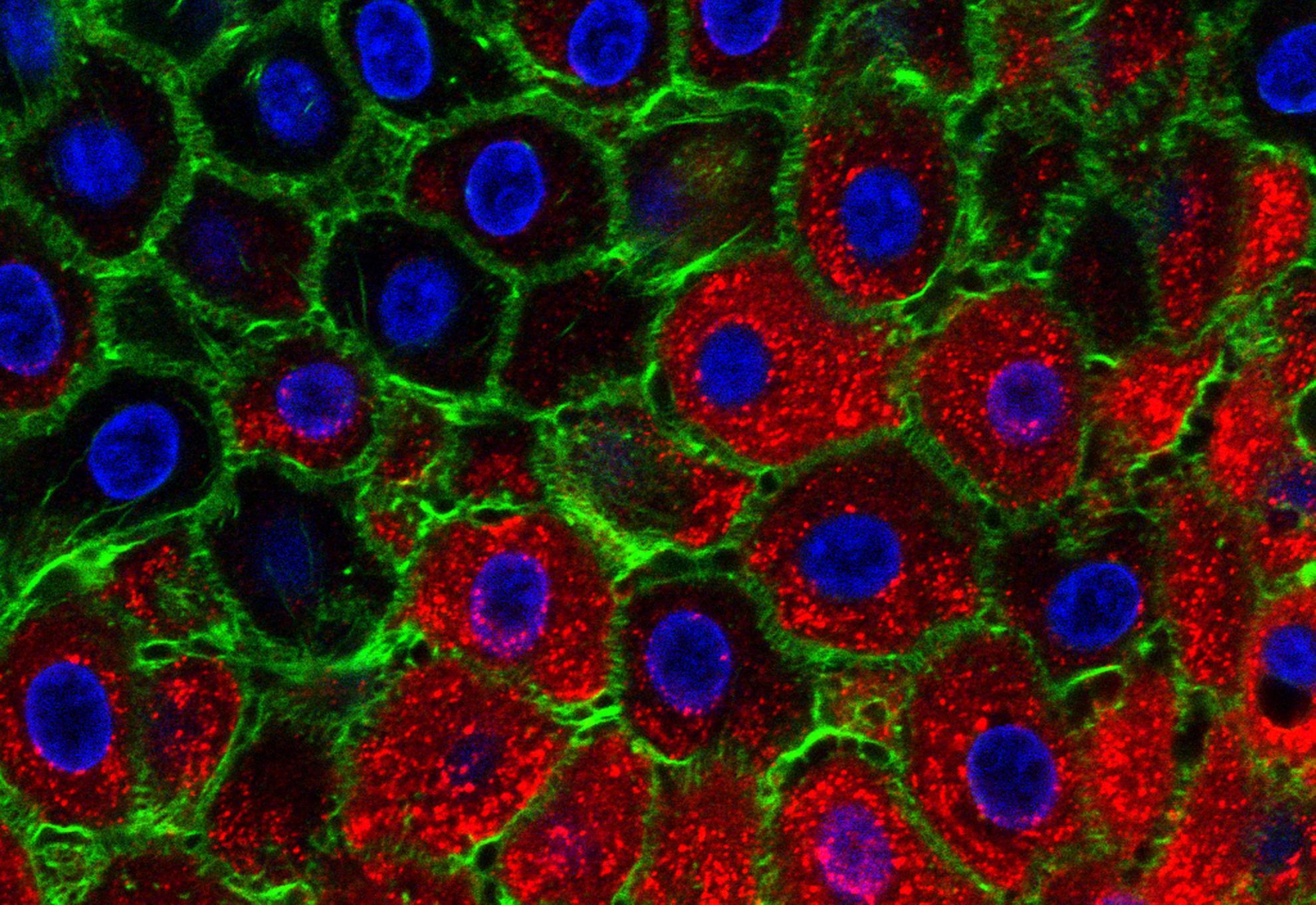Accumulation of nucleotide substitutions occurring during experimental transmission of foot-and-mouth disease virus
Analysis of full-genome sequences was previously used to trace the origin and transmission pathways of foot-and-mouth disease virus (FMDV) outbreaks in the UK in 2001 and 2007. Interpretation of these data was sometimes at variance with conventional epidemiological tracing, and was also used to predict the presence of undisclosed infected premises that were later discovered during serological surveillance. Here we report the genome changes associated with sequential passage of a highly BHK-21-cell-adapted (heparan sulphate-binding) strain of FMDV arising from two independent transmission chains in cattle. In vivo virus replication rapidly selected for a wild-type variant with an amino acid substitution at VP356. Full-genome sequence analysis clearly demonstrated sequence divergence during parallel passage. The genetic diversity generated over the course of infection and the rate at which these changes became fixed and were transmitted between cattle occurred at a rate sufficient to enable reliable tracing of transmission pathways at the level of the individual animal. However, tracing of transmission pathways was only clear when sequences from epithelial lesions were compared. Sequences derived from oesophagealpharyngeal scrapings were problematic to interpret, with a varying number of ambiguities suggestive of a more diverse virus population. These findings will help to correctly interpret full-genome sequence analyses to resolve transmission pathways within future FMDV epidemics.
Back to publications

